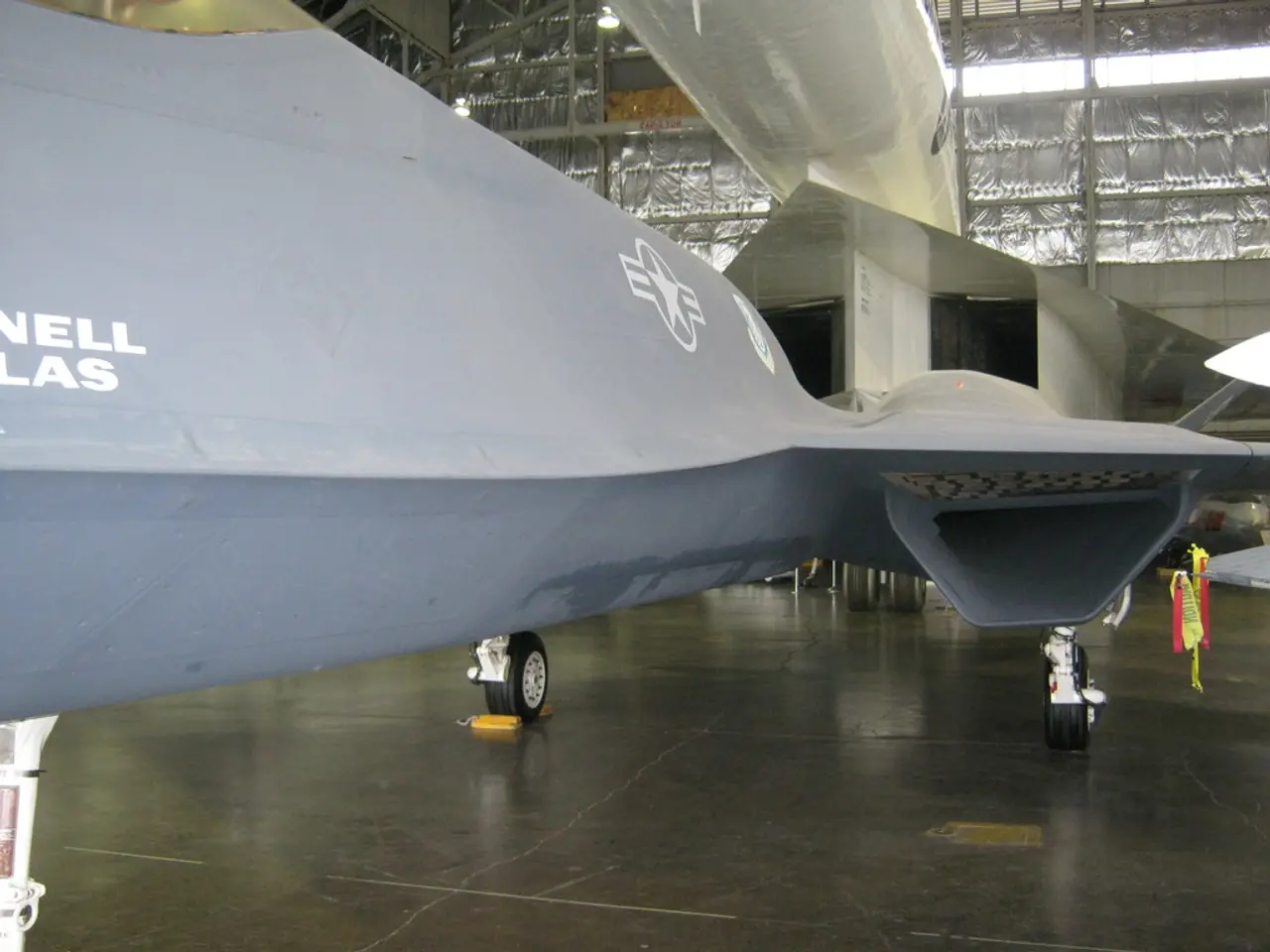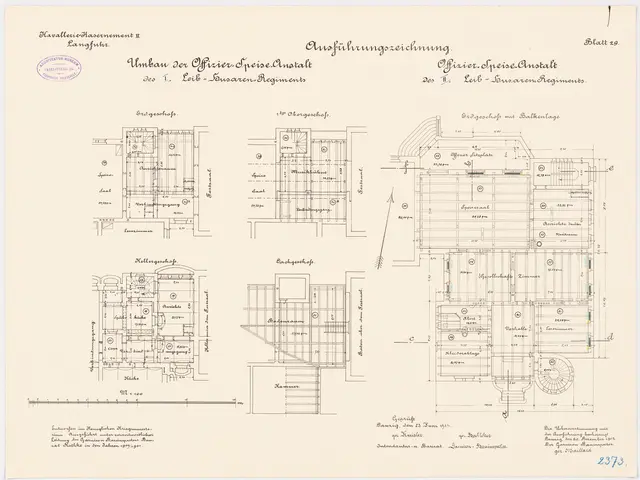Narrative on the Legendary Boeing 747 Aircraft
The Boeing 747, a symbol of aviation's golden age, has officially bid farewell to the skies, marking the end of its production line in January 2023. First introduced in 1968, the 747 is the largest and most advanced 747 ever built, having served the aviation industry for over five decades[1][2].
The Boeing 747 was the pioneer of the wide-body cabin, offering a two-deck configuration that revolutionised air travel[1]. Over the years, it underwent several upgrades and modifications, culminating in the 747-8, the most advanced version of the aircraft[1].
However, the 747's retirement was inevitable due to several factors. The rise of more fuel-efficient and economical aircraft, such as the Boeing 787 Dreamliner, made the 747 less appealing to airlines[1][2]. Moreover, the high operating costs and fuel consumption of the 747 made it less attractive to airlines seeking cost-effective solutions[1][2].
The decline in demand for large commercial airliners also played a significant role in ending the 747's production line[1][2]. Airlines and cargo operators have moved towards twin-engine wide-body aircraft, which are more economical to operate[1][2].
Boeing produced 1,574 units of the 747 from 1968 to 2023, but by the end of its production run, the vast majority of these planes were no longer in service[1][2]. The final Boeing 747 was delivered to Atlas Air in 2023, signalling the end of an era for aviation[1][2].
While specific corporate statements on the discontinuation are not detailed, the broader industry trend and Boeing’s shifting focus towards more modern aircraft models like the 737 Max illustrate the rationale behind ending 747 production[3]. The COVID-19 pandemic and previous challenges with other Boeing models, such as the 737 Max, also influenced the company's production priorities, although these factors mostly affected different lines and not directly the 747 discontinuation[4].
The 747 will always be remembered as a symbol of luxury and prestige. Its impact on the aviation industry will never be forgotten, and its departure from commercial service will be felt by many[1][2]. The Boeing 747 has indeed left an indelible mark on the world of aviation, and its legacy will continue to inspire future generations of aircraft designers and pilots.
References: [1] Boeing. (2023). Boeing 747. Retrieved from
The Boeing 747's retirement was likely influenced by the emergence of more fuel-efficient and economical aircraft like the Boeing 787 Dreamliner in the finance sector, making them more appealing to airlines in the aerospace industry. The decline in demand for large commercial airliners in transportation has also shifted focus towards twin-engine wide-body aircraft, which are more cost-effective to operate.








